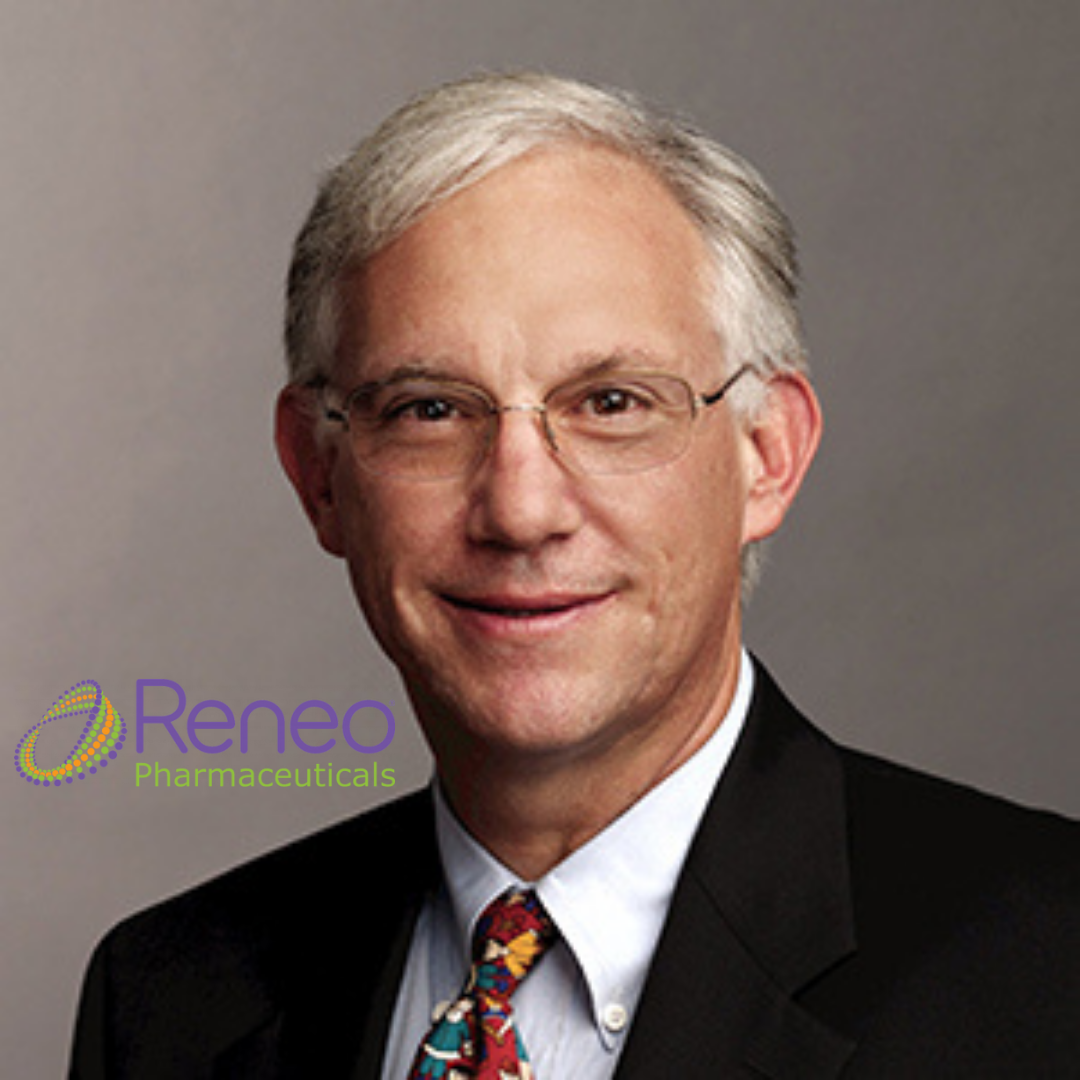Hello everyone. I am 35 years old and I have Propionic Acidemia (PA). Life with PA is not always easy. I was diagnosed late, which caused me to have a stroke at a very young age. After years of needing a wheelchair and walker, I made a somewhat normal recovery.
Read MoreAnne-Marie McIntyre is a clinical research coordinator and research assistant at Cincinnati Children’s Hospital. Learn more about her educational and professional pathway, which led her to specialize in mitochondrial disease, and her work in research.
Read MoreBullous pemphigoid (BP) is a rare skin condition that causes large, fluid-filled blisters. In reviewing evidence of food-related triggers, find out which foods may trigger BP.
Read MoreThis month Desmond will head to preschool and be held and cared for by his community, as is his right. For any parent who has been through an individual health plan or an individual education plan (IEP), you know it is no simple task. I would love to share what this has been like for me and my son.
Read MoreAs a community advocate for Rare Advocacy Movement, Uni Neha has a passion for guiding others in their rare disease journey. We sat down with Uni to talk about her resiliency routine and to hear her advice for others who are looking for new resources to support their wellbeing.
Read MoreBe ready to soothe minor emotional cuts and scrapes. These five tips can help you prepare a mental health first aid kit.
Read MoreDr. Pushpa Narayanaswami is a neurologist based in Boston, Massachusetts. At the core of her work is to help patients live each day a little better and aid them to achieve their goals of care together. Read on to discover what led her to pursue her field of study and where she sees rare disease research going in the next few years.
Read MorePatient-reported outcome measures (PROMs) provide a missing link. They help healthcare providers understand the impact of living with a disease on terms that matter to you.
Read MoreHave you ever left a doctor appointment and realized you forgot to mention an important event in your health history? Having a rare disease often means you are seeing more than one doctor, and they all need to know your medical history. That means you have to remember all the symptoms and treatments you’ve had, including when they started and stopped, and how much they have affected your life.
Read MoreThe Penguin Plunge of Nyack was never meant to be an "annual" thing; it was just a couple of friends who wanted to put together a one-time winter plunge into icy Hudson River waters in southern Rockland County. If we were going to do something that crazy, we figured we should do it to raise funds for a good cause.
At only four years old, Jeremy Lankford already knew that he wanted to be a neurologist. Today, that dream has come true, but what makes that reality even sweeter for the now-veteran physician is that his expertise is focused on improving the lives of kids just like that young version of himself.
Read MoreDr. Mary Kay Koenig is a physician with many interests, from chemistry to neurology to children's care—but at the beginning of her medical career, she never could have guessed that mitochondrial medicine would be the specialty where all of her passions intersected.
Read MoreBob Coughlin, who today serves as an advisor to life science companies, was never one for thinking small or limiting his ambitions for rare disease patients. Learn how he and his family overcame the obstacles of cystic fibrosis (CF), raising awareness and money to search for a cure.
Read MoreDr. Chapman is a leading expert in PA and serves as the director of the mitochondrial disorders clinic at Children’s National. Read on to learn more about Dr. Chapman’s work, and why she feels that clinical trials are a crucial pathway to rare disease therapies.
Read MoreLearn about a terrible story that occurred in 1989, when a woman named Patricia Stallings was wrongly convicted for the death of her son.
Read MoreDiscover how humor can be an incredible tool for protecting, connecting, and emboldening caregivers in many of their dark and difficult moments.
Read MoreThe Organic Acidemia Association is a non-profit organization whose mission is to empower families and health care professionals with knowledge in organic acidemia metabolic disorders. Learn more about their patient registry, a new Metabolic balancer app, and their newborn screening resources.
Read MoreManagement of chronic kidney disease is complicated by many things, such as fluid retention, anemia, and effects on multiple organs in the body. In India, where treatments can be too expensive and beyond the reach of the majority of the population, many have relied upon yoga as an alternative therapy.
Read MoreWhen Wendy White sees gaps in knowledge, she doesn’t wait for others to close them. She steps in and fills them herself. It’s this indomitable spirit and innovative problem-solving that led to her becoming a true changemaker in rare disease.
Read MoreThis episode of the DNA Today podcast discusses the function of the mitochondria, challenges of living with a mitochondrial condition, how primary mitochondrial myopathies (PMM) are unique, how the percentage of affected mitochondria correlates with the severity of symptoms, what Reneo doing to help diagnose more patients with PMM, and Reneo’s STRIDE study for treatment of PMM




















